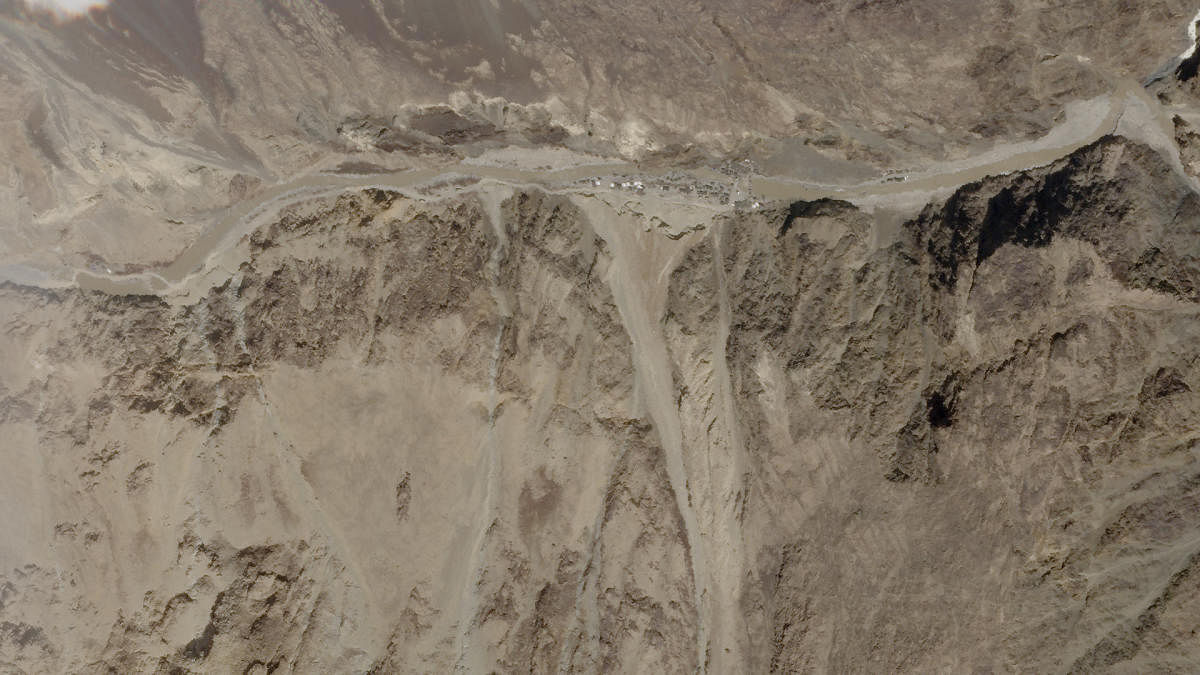
The Indian Army soldiers had withdrawn from China’s side of the Line of Actual Control (LAC) in Galwan Valley and had even demolished its facilities, but they again returned on June 15 leading to the clash, Beijing claimed on Friday.
“In order to ease the situation, China and India have stayed in close communication through military and diplomatic channels,” Zhao Lijian, spokesperson of the Ministry of Foreign Affairs of the Chinese Government, said. “In response to the strong demand of the Chinese side, India agreed to withdraw the personnel who crossed the LAC and demolish the facilities, and so they did.”
Zhao’s statement was released in Beijing late in the evening on Friday, giving Chinese Government’s version of the clash between the soldiers of its People’s Liberation Army (PLA) and the Indian Army in Galwan Valley on June 15. The statement was added with the transcript of his press-conference earlier on the day.
He claimed that the Galwan Valley was located on the Chinese side of the Line of Actual Control (LAC) – the de facto border between the two nations - in the west section of the China-India boundary. “For many years, the Chinese border troops have been patrolling and on duty in this region. Since April this year, the Indian border troops have unilaterally and continuously built roads, bridges and other facilities at the LAC in the Galwan Valley,” he alleged, adding that China had lodged representations and protests on multiple occasions but India had gone even further to cross the LAC and make provocations.
“By the early morning of May 6, the Indian border troops, who have crossed the LAC by night and trespassed into China's territory, have built fortification and barricades, which impeded the patrol of Chinese border troops. They (Indian Army personnel) deliberately made provocations in an attempt to unilaterally change the status quo of control and management. The Chinese border troops have been forced to take necessary measures to respond to the situation on the ground and strengthen management and control in the border areas,” said Zhao.
He said that when the Corps Commanders of the armies of the two nations had met on June 6, the Indian Army “promised” that its soldiers “would not cross the estuary of the Galwan River to patrol and build facilities and the two sides would discuss and decide phased withdrawal of troops through the meetings between commanders on the ground.”
“Shockingly,” he added, “on the evening of June 15, India's front-line troops, in violation of the agreement reached at the commander-level meeting, once again crossed the Line of Actual Control for deliberate provocation when the situation in the Galwan Valley was already easing, and even violently attacked the Chinese officers and soldiers who went there for negotiation, thus triggering fierce physical conflicts and causing casualties.”
He alleged that the adventurous acts of the Indian Army had “seriously undermined the stability” of the border areas, “threatened the lives” of Chinese PLA personnel, violated the agreements reached between the two countries on the border issue, and breached the basic norms governing international relations.
